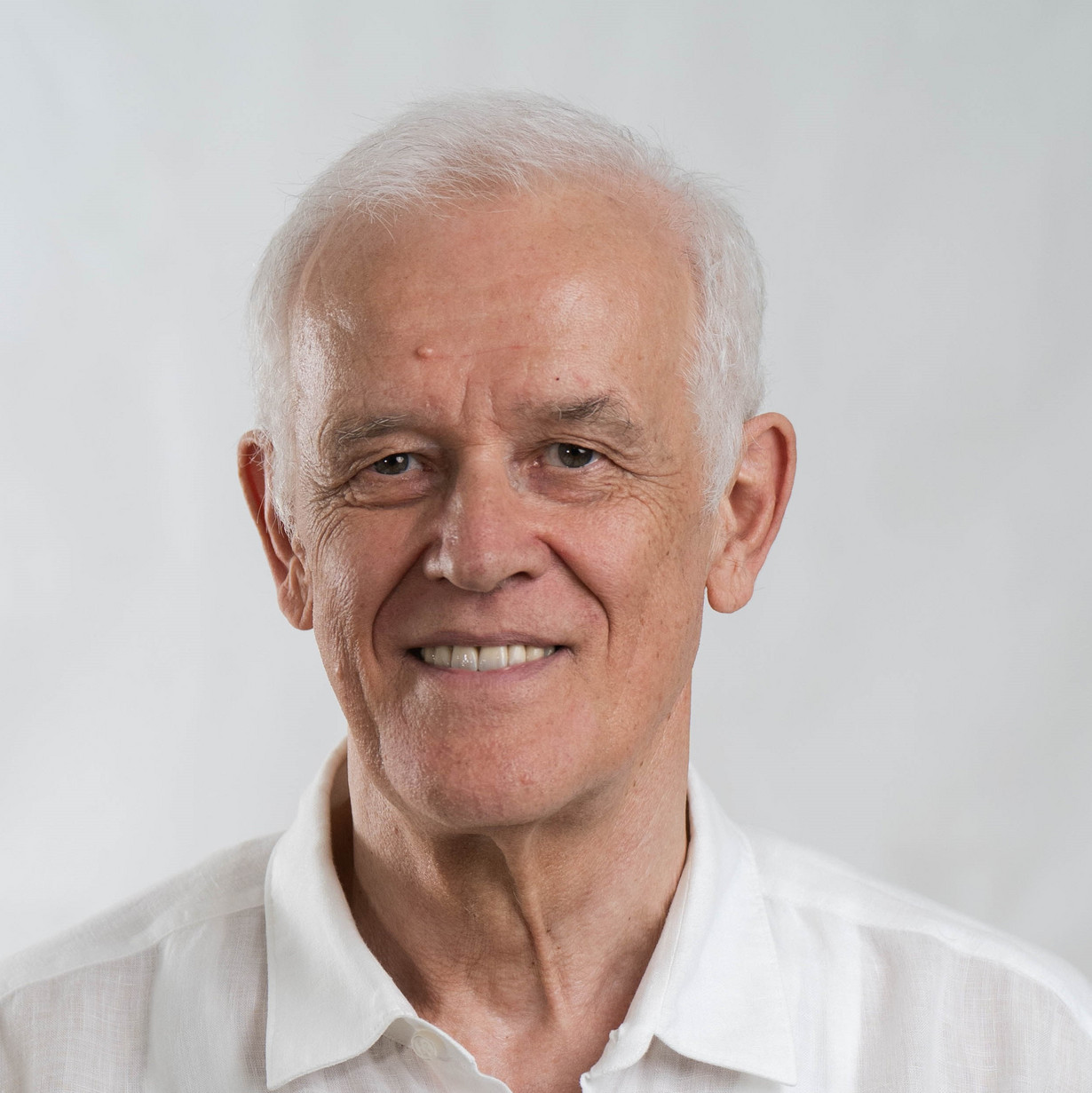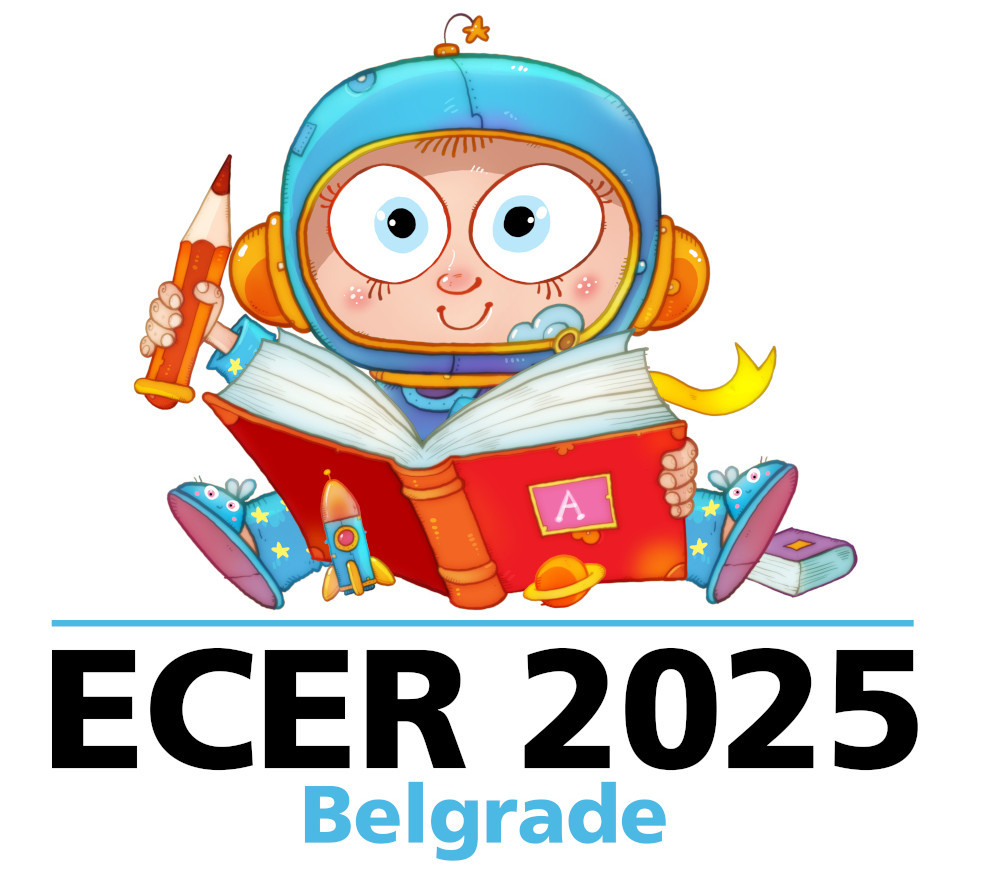Wednesday, 10 September, 11:00 - 12:00
Location: Hall of Heroes | Faculty of Philology | Gr. Fl

Pavel Zgaga is professor emeritus at the University of Ljubljana. He has held several research fellowships and led or participated in a number of national and international research projects, mainly dealing with current issues of higher education, educational policy and reforms in the contemporary European context, and teacher education as a specific area of higher education. In the 1990s he was State Secretary for Higher Education (1992–1999) and Minister of Education and Sport of the Republic of Slovenia (1999–2000). After his return to academia, he was Dean of the Faculty of Education and co-founder of the Centre for Educational Policy Studies. In the early years of the Bologna Process, he served as the general rapporteur (2001-2003) for the Berlin Conference, as a member of the Board of the Bologna Follow-up Group (2004-2005) and as rapporteur of the BFUG working group on the external dimension of the Bologna Process (2006-2007). He has also worked with international organisations in his field, e.g. the Council of Europe, the European Commission, UNESCO, OECD, etc., and has been a consultant and invited speaker in a number of countries.
Educational research, policy and politics
Educational research is not an end in itself (even if this goal should not be completely disregarded). Educational research today is a very broad field of which one could say that it is primarily concerned with seeking and establishing a "diagnosis" for various phenomena in education, be they individual or social and cultural. Of course, it can only do this successfully if it is not primarily an "end in itself" (e.g., searching for and developing its own theoretical and methodological framework). The public is generally not interested in this; the expectations of the public and, above all, of decision-makers are usually focussed on the "impact" and "effectiveness" of research.
When educational research produces a "diagnosis" of phenomena in education, it also directly – and more often indirectly – produces an action plan, i.e. recommendations on what to do in a particular situation. In this respect, educational research moves into policy development, i.e. the development of a plan of action. When such a plan is developed, a transition from plan of action to power in action is required, i.e. a transition from policy to politics.
The relationship between research and politics has been very often articulated – today and in the past – as a conflictual relationship. The forms and intensity of this conflict vary from place to place and from time to time. In our presentation we will be interested in both the variations and the constants in the articulation of this relationship. After a brief historical overview, the focus will be on the relationship between educational research, policy and politics in the present.

Important Dates ECER 2025
01.12.2024 | Submission starts |
31.01.2025 | Submission ends |
01.04.2025 | Registration starts |
01.04.2025 | Review results announced |
15.05.2025 | Early bird ends |
25.06.2025 | Presentation times announced |
30.06.2025 | Registration Deadline for Presenters |
08.09.2025 | ERC First Day |
09.09.2025 | ECER First Day |
Conference Venue
Main Building (Check-in etc):
University of Belgrade
Faculty of Philology
Studentski trg 3
Belgrade

Ed Research in Serbia
While preapring for ECER 2025, read the Blog Post introducing some specifics of educational research in Serbia.
Towards reconnecting within and beyond the educational research community in Serbia